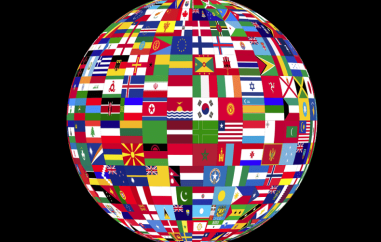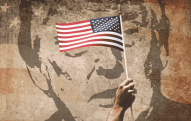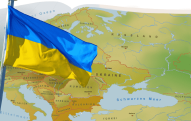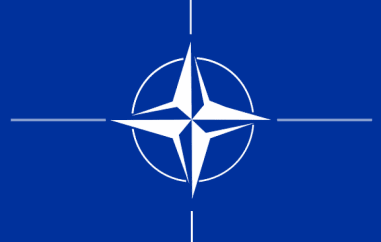Navigating the TikTok Ban: A Look at Countries Restricting the Popular App
 TikTok, the viral video-sharing platform that has captured the attention of millions worldwide, finds itself at the center of geopolitical tensions, leading to its ban in several countries. From concerns over data privacy to allegations of political influence, the reasons behind these bans vary, reflecting broader debates about technology regulation and national security.
TikTok, the viral video-sharing platform that has captured the attention of millions worldwide, finds itself at the center of geopolitical tensions, leading to its ban in several countries. From concerns over data privacy to allegations of political influence, the reasons behind these bans vary, reflecting broader debates about technology regulation and national security.
India: A Major Market and a Swift Ban
India, with its massive user base, was one of the first countries to ban TikTok in 2020. The Indian government cited data privacy concerns and the potential for the platform to be used for illegal activities as primary reasons. This decision came amidst rising tensions between India and China, where TikTok's parent company, ByteDance, is based.
United States: Security Concerns and Executive Orders
In 2020, the United States also took steps to ban TikTok, citing national security concerns. The Trump administration issued executive orders seeking to ban TikTok and WeChat, another Chinese-owned app, unless they were sold to American companies. These moves were based on allegations that user data could be accessed by the Chinese government, although legal challenges and negotiations delayed the ban's implementation.
Pakistan: Content Regulation and Moral Concerns
Pakistan banned TikTok in 2020 over concerns regarding the platform's content moderation policies. The Pakistan Telecommunication Authority (PTA) stated that TikTok failed to filter out "immoral" and "indecent" content, posing a threat to societal values and norms. The ban was temporary but indicative of ongoing debates about digital content regulation.
Other Countries and Their Reasons
-
Bangladesh: In 2018, Bangladesh briefly banned TikTok, along with other apps, citing concerns over the spread of adult content and the potential for cyberbullying among young users.
-
Indonesia: TikTok faced temporary bans in Indonesia due to concerns over inappropriate content and its impact on children and adolescents.
Global Implications and Future Outlook
The bans on TikTok highlight broader issues surrounding technology, data privacy, and national security. They also raise questions about the regulation of digital platforms in an increasingly interconnected world. While some countries have implemented bans, others have chosen to impose stricter regulations or engage in negotiations with TikTok's parent company to address concerns.
Looking forward, the future of TikTok and similar platforms will likely depend on how effectively they can address regulatory concerns and demonstrate compliance with national laws regarding data privacy and content moderation. As governments continue to grapple with these issues, the evolution of digital governance and the rights of users in the online sphere will remain pivotal topics in global discourse.











































